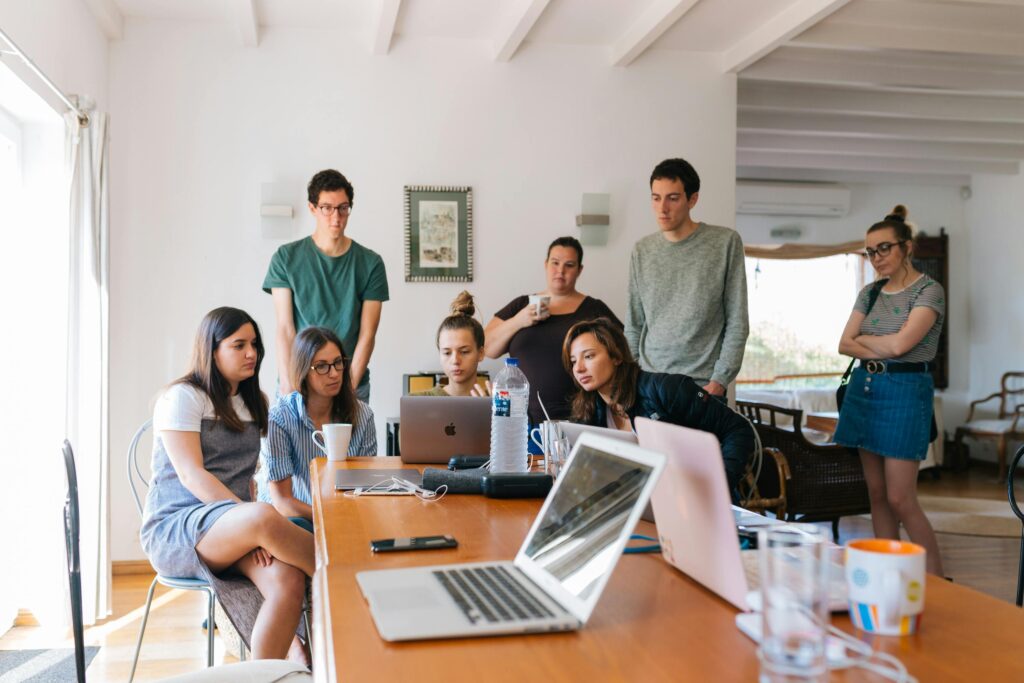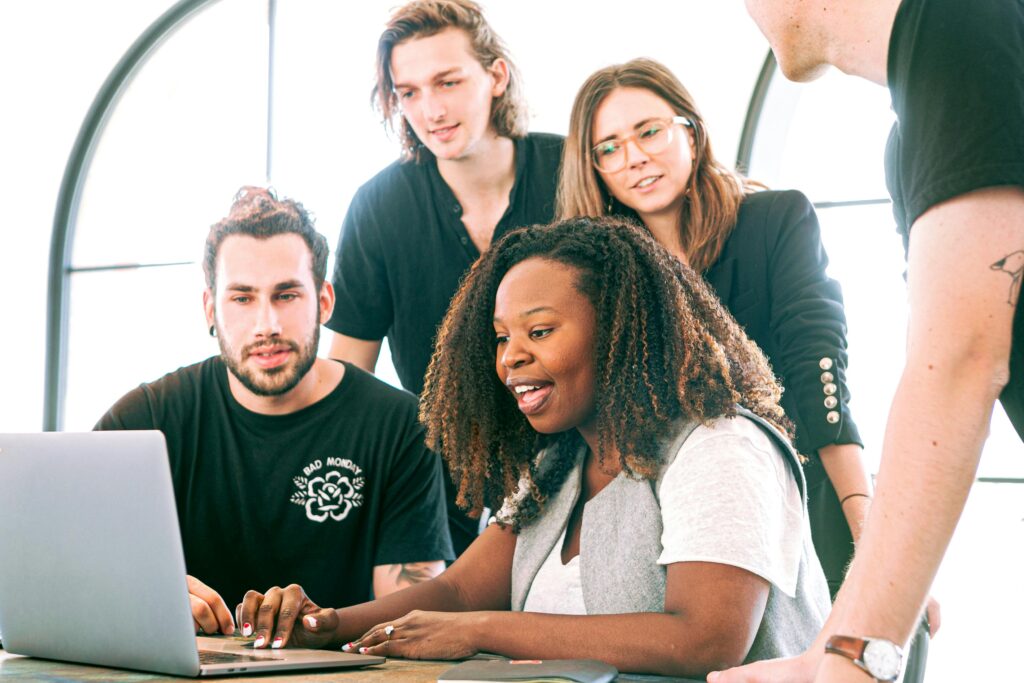

2025 has been a transformative year. It has forced companies to look beyond financial results and refocus their energy on their most important asset: people. In an environment where automation, artificial intelligence, and global changes set the pace, the organizations that have stood out are those that understand that business diversity is not a simple trend, but a powerful competitive advantage and a pillar of growth.
These are the five key learnings every company should take from this year to build a more human, innovative, and sustainable future.
1️⃣ Business Diversity Drives Empathetic Leadership
The empathetic leadership of the future is fundamentally based on knowing how to listen, understand, and connect.
According to the World Economic Forum (WEF), companies that integrate empathy and diversity into their DNA achieve more committed, creative, and productive teams. This year has made it clear that understanding cultural differences is no longer a “soft skill,” but a critical competency. Teams that take the time to understand the realities of those who think differently are the ones best at resolving conflicts, communicating clearly, and achieving more balanced and fair results, demonstrating the value of business diversity in practice.

2️⃣ Business diversity as a Source of Cultural Innovation
The best ideas and solutions are born from the intersection of different experiences, perspectives, and contexts.
The World Economic Forum highlights that intercultural collaboration has consolidated itself as one of the greatest sources of cultural Innovation. During 2025, many companies discovered that bringing together professionals from different areas or countries—whether in hybrid projects, design thinking workshops, or exchange programs—boosts collective creativity. The innovation, after all, does not arise from isolated work, but from constant and fruitful dialogue among those who approach a challenge from different perspectives, a direct consequence of promoting business diversity.
3️⃣ Business diversity and Global Training: An Essential Duo
The Global Human Capital Trends 2025 report of Deloitte emphasizes that the great challenge of this decade is balancing human development with business objectives.
In this context, professional training can no longer be limited to a single local environment. Today, the best-prepared companies foster global and cross-functional learning, where teams are nurtured by international experiences, virtual collaborations, and multicultural projects. This more open vision strengthens adaptability and organizational sensitivity.

4️⃣ Corporate purpose and Its link to business diversity
2025 has consolidated an idea that has been gaining undeniable weight: people want to be part of something meaningful.
Employees no longer just seek stability; they want to participate in projects that connect with their values and generate a real impact. Companies that have successfully defined their Corporate Purpose—beyond sales figures—are the ones that have managed to retain key talent and strengthen their brand reputation. When the team understands why they do what they do and feels that their work adds value to the environment, motivation and creativity flow naturally.

5️⃣ Companies with real diversity are more sustainable
Diversity is no longer measured solely by internal policies or isolated inclusion campaigns, but by how it is lived and practiced every day.
The 2025 DEI Trends study by Clarkston Consulting shows that companies that integrate diversity as a strategic pillar achieve better long-term results and greater social reputation. And although The Washington Post points out that some companies have reduced their public mentions of diversity, those that keep it active continue to stand out for their innovation and resilience. Business diversity demonstrates that inclusion is not a fad, but an essential tool for building solid, fair, and sustainable organizations.

🌐 Conclusion: the future belongs to companies that connect
The learnings from this year remind us that future business success will not be measured only in figures, but in empathy, collaboration, and shared purpose. The companies that commit to listening, learning, and connecting genuinely across cultures will be the ones best adapted to global challenges.
Foster cultural exchange and diversity within your organization. Explore more opportunities at dothegap.





